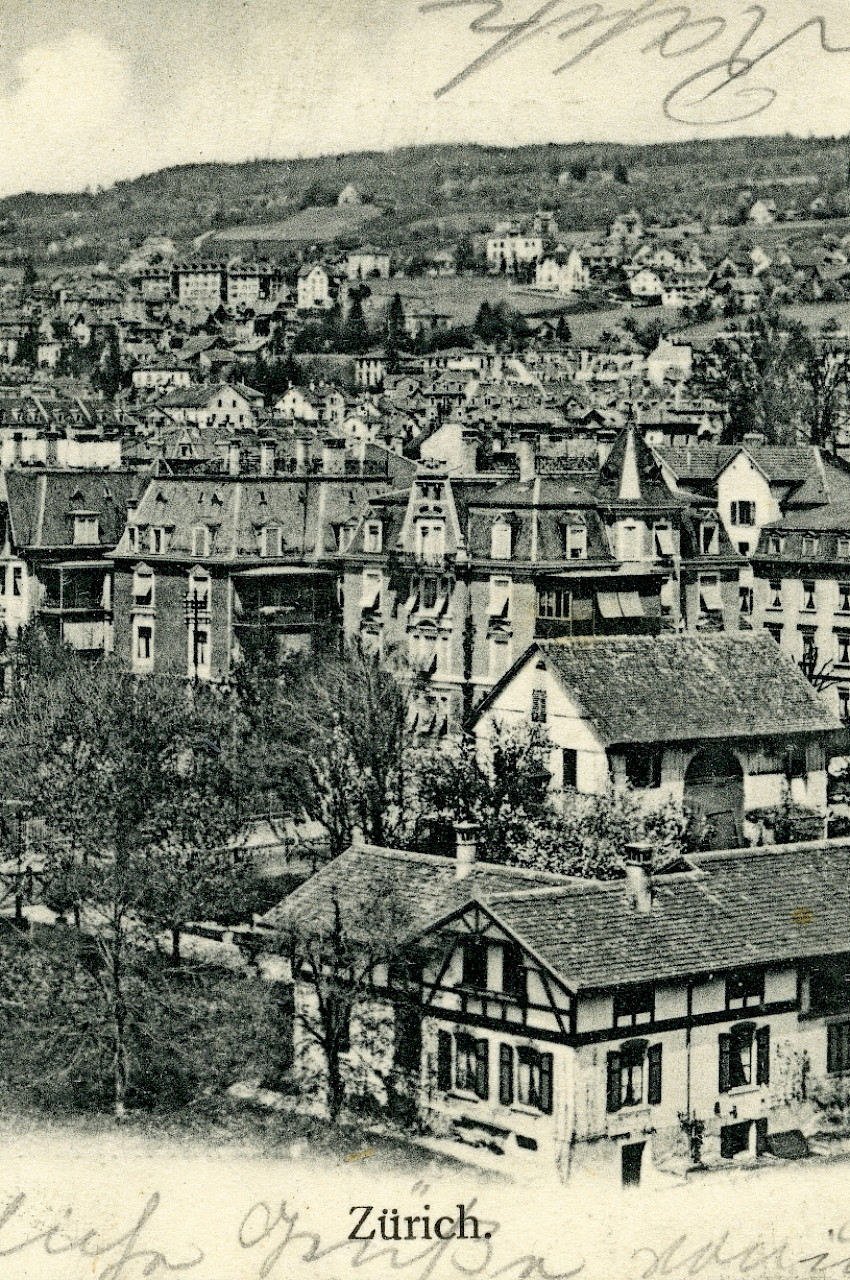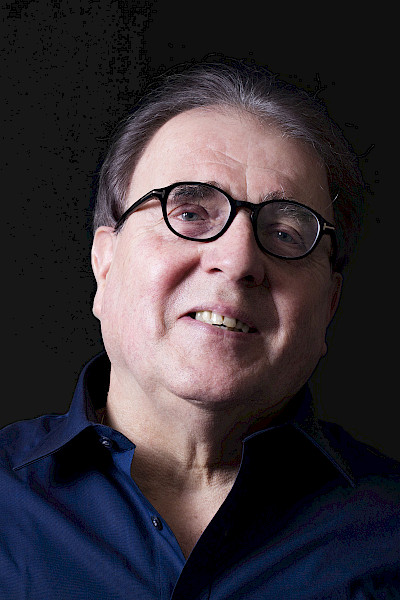Hottinger Literaturgespräche (Literature Talks)
Series of talks on Swiss authors
in this monthly series of talks at neumarkt, charles linsmayer invites changing guests to neumarkt to talk about great authors of the 20th century. this third season performance is themed “dead, but more alive than ever …”.
charles linsmayer in conversation with peter stamm and hannes binder about heidi creator johanna spyri (9/24/2019)
in “heidi” in 1880, the zurich town writer’s wife johanna spyri made her longing for an ideal world tangible. and anyone who thinks about the efforts to market heidi as a tourist attraction, will be relieved to pick up the book in which the writer peter stamm and the artist hannes binder re-told the heidi story in 2008. they have reduced that story to twenty sober, unaffected pages of text and a sequence of pictures in binder’s incomparable, for once colorful mezzotint technique that avoids anything kitschy or sentimental. in conversation with the two, it will be exciting to find out how they feel about johanna spyri, how far they still feel committed to her concerns, and what they still believe her children’s book character to be, between the heidi musical, heidi village, and heidi cheese, authentic, exemplary, or perhaps even contemporary.
charles linsmayer in conversation with thomas hürlimann about gottfried keller (25.10.2019)
in 2019 zurich celebrates the 200th anniversary of gottfried keller, who was the first state secretary of the canton of zurich for fourteen years and left behind a monumental literary oeuvre. thomas hürlimann, who since the 1981 story “die tessinerin” has been one of the essential voices of his generation not only as a playwright but also as a storyteller, has repeatedly spoken of keller, perhaps most beautifully in 2009 in “dämmerschoppen”, the story about the celebration of keller’s 70th birthday on the bürgenstock. in 2019, he received the gottfried keller prize together with adolf muschg and is responsible for a keller reading book, with which he brilliantly proves that the author of “grüner heinrich” did not come home from berlin any more than the protagonist of his own novel “heimkehr”, published in 2018.
charles linsmayer in conversation with charles lewinsky about jeremias gotthelf (26.11.2019)
his name was to be “gotterbarm”, the outsider whom albert bitzius let tell in the “bauernspiegel” how he was a pauper, a mercenary and an infirmary worker before he became a kind of adult educator. on the advice of friends, bitzius softened “gotterbarm” to “gotthelf”, and this name then struck such a chord that he never got away from it, and even the late works, which condemned progress and the modern zeitgeist in an angry uproar, were still published under the pseudonym of the revolutionary first work of 1837. for the thunerseespiele 2011, charles lewinsky adapted “die käserei in der vehfreude” as a musical, interweaving the turbulence surrounding the cheese community with the love story of felix and änneli. that lewinsky considers this novel “one of the best books in swiss literature” and another, “anne bäbi jowäger”, “one of the greatest psychological novels ever” is not surprising, since the author of masterful novels such as “melnitz” or “gerron” places jeremias gotthelf on a par with balzac and dickens.
charles linsmayer in conversation with peter bichsel about jörg steiner (28.1.2020)
in 1967, peter bichsel and jörg steiner read from their works at the swiss book exhibition in stockholm. in 2012, as one newspaper reported, they “thrilled the audience with their fresh performance at schwarzenburg castle”. on january 28, 2013, eight days after the 83-year-old’s death, bichsel revealed in his column how he had gone to steiner’s house in biel every thursday for 30 years: “we drank red wine and were happy to be together.” since he entered the circle around otto f. walter and peter bichsel and, together with them and others, founded the “second swiss modernism” after frisch and dürrenmatt, jörg steiner distinguished himself in books such as “das netz zerreissen”, “der kollege”, or “wer tanzt schon zu musik von schostakowitsch” (who dances to music by shostakovich) by knowing how to unobtrusively conceal the abysmal, even the anarchic, in stories that, for all their fictionality and laconic reduction, are committed to an actual, unconditional truth.
charles linsmayer in conversation with adolf muschg about fritz zorn (25.2.2020)
“i am young and rich and educated, and i am unhappy, neurotic and alone.” thus began “mars”, the bestseller published by kindler verlag in 1977, shortly after the author’s death. zorn was a pseudonym, the author’s name was fritz angst, he was born in meilen in 1944 and had lived as a secondary school teacher in zurich. he saw in the cancer from which he died a psychosomatic illness brought on by environment and upbringing, and in his text a reckoning with the high society from which he came. when the manuscript came to the attention of adolf muschg, then a professor of literature at the eth, he endorsed its publication without knowing the author. zorn, muschg wrote in the preface, presents himself “not solely as a person, but as a pattern” and analyzes his childhood “as a case study of a social milieu”. “mars” advanced to become the cult book of the 1980 youth movement and — published in the same year as susan sontag’s “illness as metaphor” — a still virulent reference text for the connection between politics, society and illness.
Production Team
Konzept und Moderation: Charles Linsmayer
Gäste: Adolf muschg, peter bichsel, charles lewinsky, thomas hürlimann, peter stamm, hannes binder


